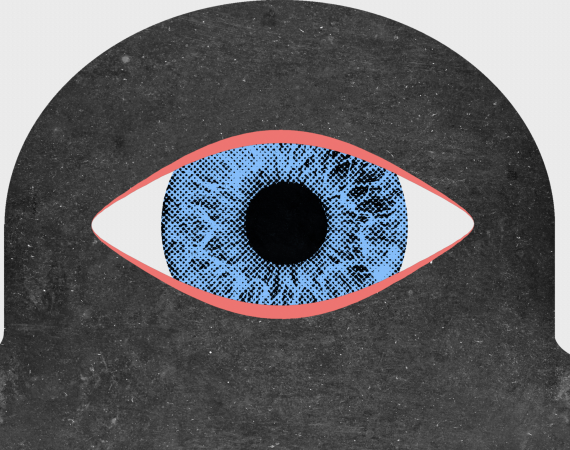Focus, but where?
An online interactive zine exploring climate change activism in our current information environment.

Made by

Kexin Liu
Kexin Liu [Keshin Lee-o] is a Chinese multi-disciplinary artist and design researcher based in the UK.As part of the 2023 winter residency, this project aims to examine our misplaced attention when faced with climate change issues by creating an interactive web-based zine. This publication will playfully unpack our current information environment and help reimagine more productive (and hopefully kinder) ways of public engagement from the standpoint of a digital content creator/consumer.
Last October, a clip of two climate protesters throwing soup at a Van Gogh painting went viral. Then mashed potatoes were thrown on a Monet, head was glued to the girl with the pearl earring, oily liquid was splashed on a Klimt, and it is NOT SLOWING DOWN.
There has since been a heated debate regarding the effectiveness of these ongoing events. Some critics argued disruptive protests drive away allies and are counterproductive. On the other hand, supporters claimed that pissing people off is exactly the point - radical movements can at least spark discussion, and even help increase public support for more moderate movements thanks to the "radical flank effect", which would eventually benefit the broader fight against climate change.
However, it is extremely difficult to measure the long-term effects of protests, especially in regard to climate change, where scientific research is consistently influenced by political agendas and corporate interests. So, until a reliable study comes out, we can't tell if these protests are effective or not. What we do know is that these series of events have successfully garnered millions of attention, a valuable resource that could perhaps be put to better use.
But this is not a project aimed to criticize the activists for their eye-catching tactics, nor to blame the media that are trying to make a sale out of their paper and the millions of onlookers (including me) who are constantly scrolling their phones for drama and distraction. I am more interested in gaining some clarity on this negative cycle we have all contributed to and ask the following question: Is adhering to the Attention Economy the only way to achieve anything in our day and age? Are there better alternatives? How can we defend our freedom of attention, and focus on things that align with our long-term goals?
